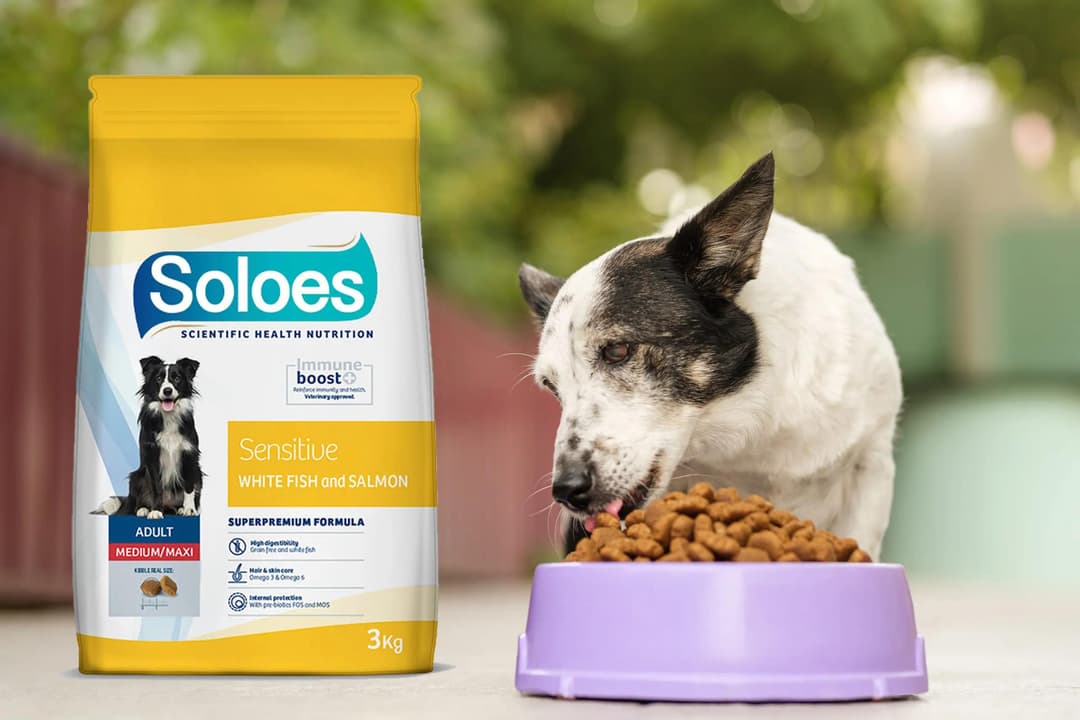Ensuring optimal health for your pet involves providing a balanced diet rich in essential nutrients. Just like humans, pets require a variety of nutrients to support their bodily functions, maintain energy levels, and prevent disease. Understanding these essential nutrients can help pet owners make informed choices about their pet's diet, leading to a healthier and happier life for their furry friends.
#### 1. **Proteins**
Proteins are the building blocks of your pet's body. They are crucial for the growth, repair, and maintenance of tissues. Proteins are made up of amino acids, some of which are essential, meaning they must be obtained from the diet because the body cannot produce them. High-quality animal-based proteins, such as chicken, beef, and fish, provide these essential amino acids.
#### 2. **Fats**
Fats are a concentrated source of energy and are vital for the absorption of fat-soluble vitamins (A, D, E, and K). They also contribute to healthy skin and a shiny coat. Essential fatty acids, like Omega-3 and Omega-6, are important for brain function and cell structure. Sources of healthy fats include fish oil, flaxseed, and chicken fat.
#### 3. **Carbohydrates**
Carbohydrates provide energy and are important for digestive health. They include sugars, starches, and fiber. While dogs can digest carbohydrates more efficiently than cats, both species benefit from the energy and fiber that carbohydrates provide. Good sources include grains like rice and oats, as well as vegetables like sweet potatoes and peas.
#### 4. **Vitamins**
Vitamins are organic compounds that are necessary for various metabolic processes. Key vitamins include:
- **Vitamin A**: Essential for vision, immune function, and skin health.
- **Vitamin D**: Crucial for bone health and calcium absorption.
- **Vitamin E**: An antioxidant that protects cells from damage.
- **Vitamin K**: Important for blood clotting.
- **B-Vitamins**: Necessary for energy production and overall metabolic health.
These vitamins are often found in meats, dairy products, and certain vegetables.
#### 5. **Minerals**
Minerals are inorganic elements that support various physiological functions. Important minerals include:
- **Calcium and Phosphorus**: Necessary for strong bones and teeth.
- **Iron**: Essential for oxygen transport in the blood.
- **Magnesium**: Important for muscle and nerve function.
- **Zinc**: Vital for immune function and skin health.
- **Potassium**: Crucial for heart function and muscle contractions.
Minerals are found in meat, dairy, vegetables, and grains.
#### 6. **Water**
Water is the most critical nutrient of all. It is essential for digestion, nutrient transport, and temperature regulation. Pets should always have access to fresh, clean water to prevent dehydration and support overall health.
#### Conclusion
Providing a balanced diet that includes all these essential nutrients is key to ensuring the optimal health of your pet. Whether you choose commercial pet food or prepare homemade meals, understanding your pet's nutritional needs can help you make the best dietary choices. Always consult with a veterinarian to tailor a diet plan that meets your pet's specific requirements. By prioritizing nutrition, you can contribute to a longer, healthier, and more fulfilling life for your beloved companion.
The Essential Nutrients for Optimal Pet Health
2023-12-25
Ensuring optimal health for your pet involves providing a balanced diet rich in essential nutrients. Just like humans, pets require a variety of nutrients to support their bodily functions, maintain energy levels, and prevent disease.

